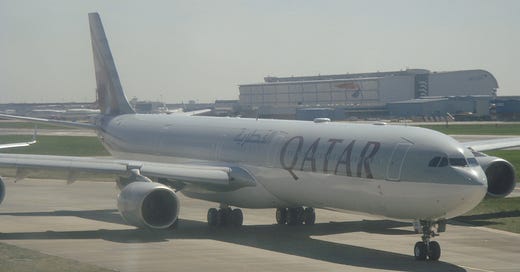Three pitfalls for Qatar Airways to avoid
My top ideas for things that the new CEO should NOT do
Qatar Airways CEO Badr Mohammed Al Meer has been ranked fourth in the Forbes list of 100 travel & tourism leaders. But he has only been in the airline’s top position for six months, hardly enough time to do anything. Meanwhile Ghaith Al Ghaith, flydubai CEO since 2008, sits in twelfth place.
With all respect to Mr Al Meer his place on the leaderboard is …



